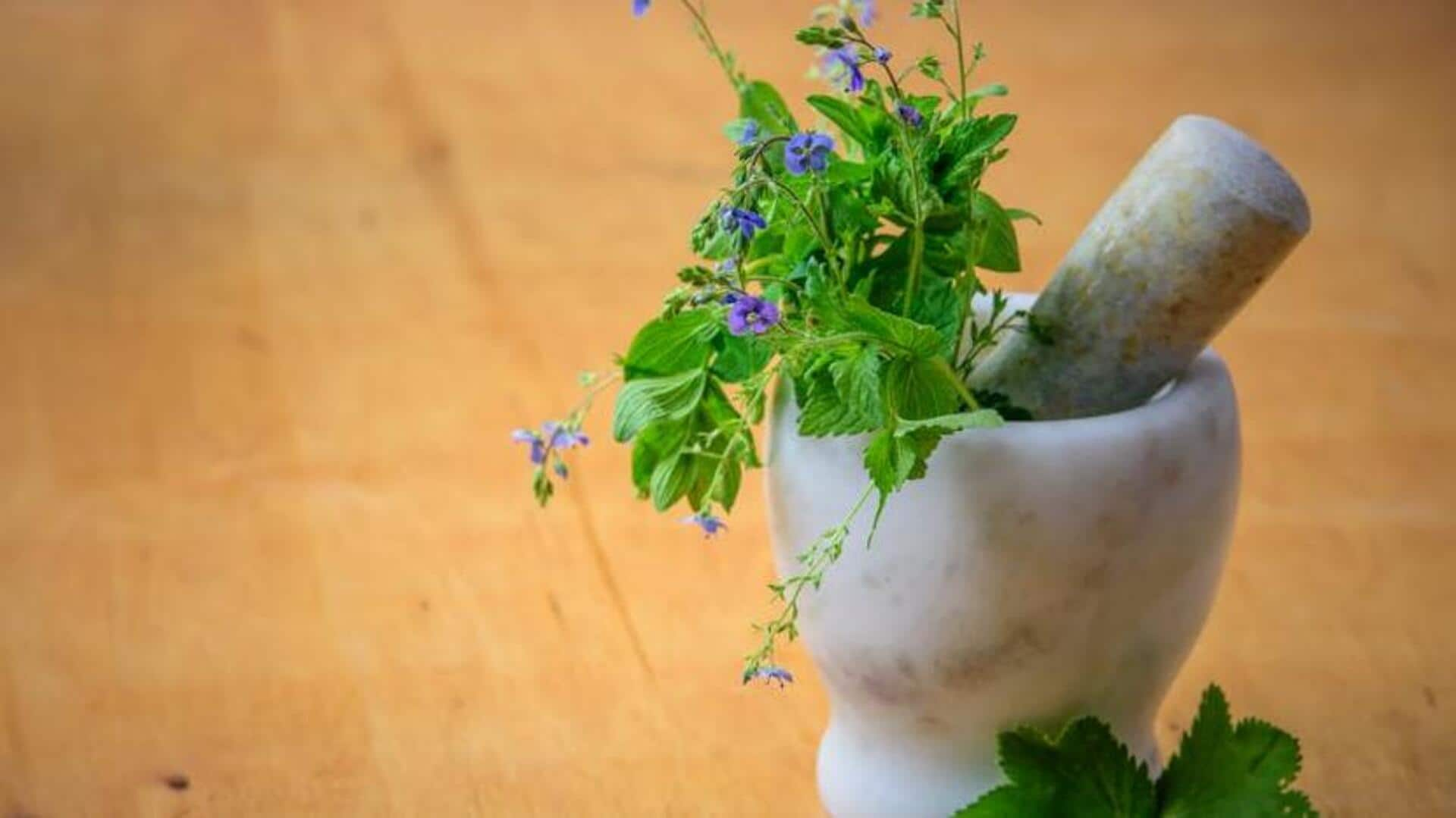
Discover the bold flavors of heirloom herbs
What's the story
We have always loved heirloom herbs for their unique flavors and history. These herbs, which are often passed down generations, are an important component of many cuisines around the world. Their flavors can elevate a simple meal to the next level. Here's taking a look at the use of heirloom herbs in different cultures, and how they have stood the test of time in cooking.
Mediterranean flavors
Basil: A Mediterranean staple
Basil is a key component of Mediterranean cuisine, especially Italian. Its sweet and mildly peppery flavor elevates sauces, salads, and pestos. The herb's fragrant leaves are commonly used fresh due to their subtle flavor. In places such as Greece and Italy, basil is not just a cooking ingredient but also a cultural symbol of love and protection.
Asian aromas
Cilantro: An Asian delight
Cilantro is used liberally across Asia for its bright and citrusy flavor profile. It's an integral part of many Indian curries, Thai soups, and Vietnamese spring rolls. The leaves of the herb are generally added towards the end of cooking to keep them fresh. Cilantro's versatility makes it a favorite in both raw and cooked dishes across Asia.
European heritage
Sage: A European tradition
Thanks to its earthy aroma and slightly peppery taste, sage has been a staple in European kitchens for centuries. It goes well with root vegetables, beans, and grains that are a common part of European diets. In Germany and France, for instance, sage is used to season hearty stews or roasted vegetables during colder months.
Middle Eastern zest
Mint: Refreshing Middle Eastern cuisine
With its cool menthol notes, Mint adds a refreshing touch to many Middle Eastern dishes. It is often used in salads, such as tabbouleh, and as a side with yogurt based dips like tzatziki. Mint tea is also a popular choice across the region for its soothing properties post-meals. This is the epitome of Middle Eastern hospitality and culinary tradition.
Robust essence
Rosemary: A robust flavor enhancer
Rosemary's powerful pine-like fragrance elevates Mediterranean and world cuisines. Be it grilling or pairing with vegetables and breads, this herb creates a magical experience. Rosemary is what makes sure your dishes are balanced, pushing you to appreciate heirloom herbs' nuances. Its use makes you want to experiment, offering boundless opportunities for learning and sharing experiences with food enthusiasts across the globe, seeking perfection in gastronomy.